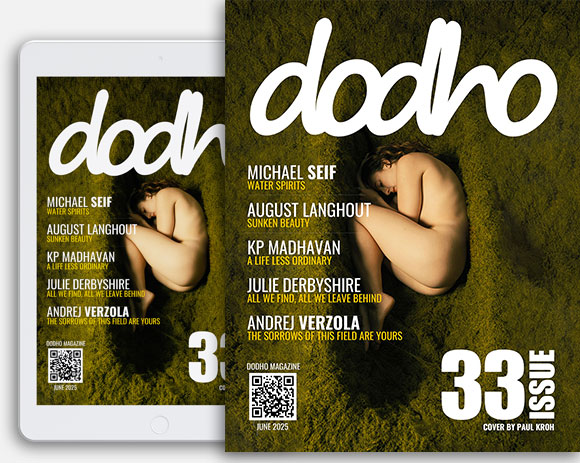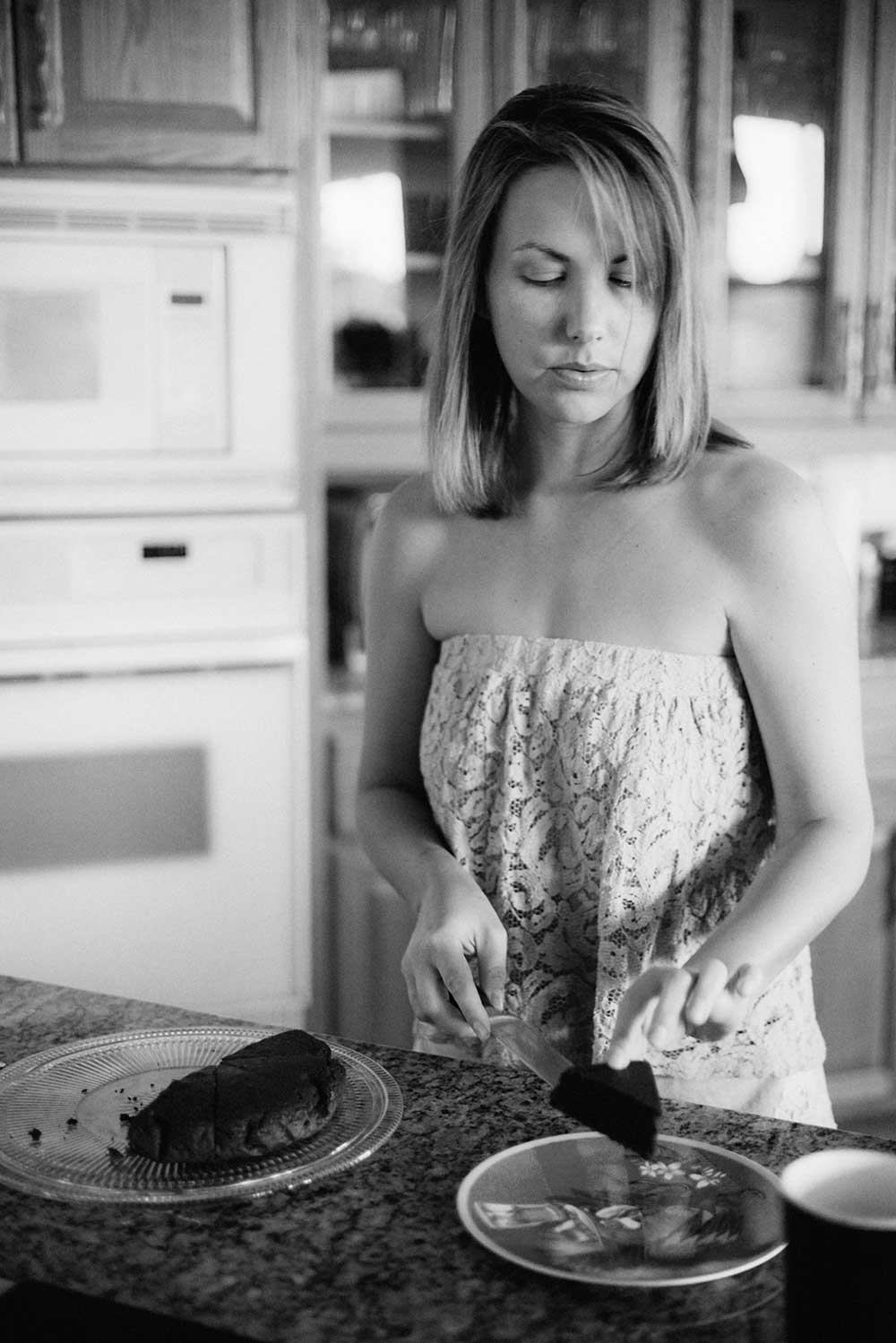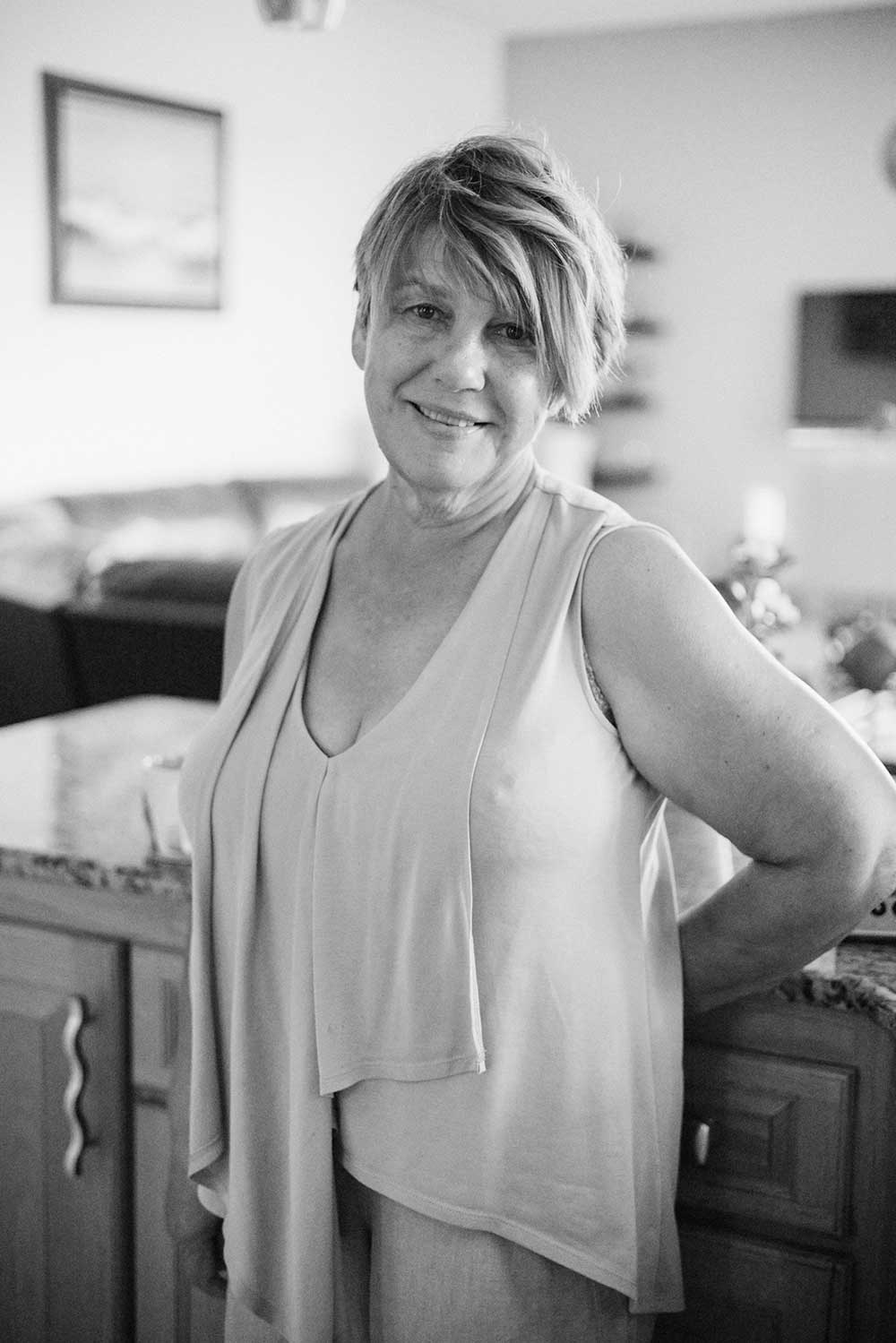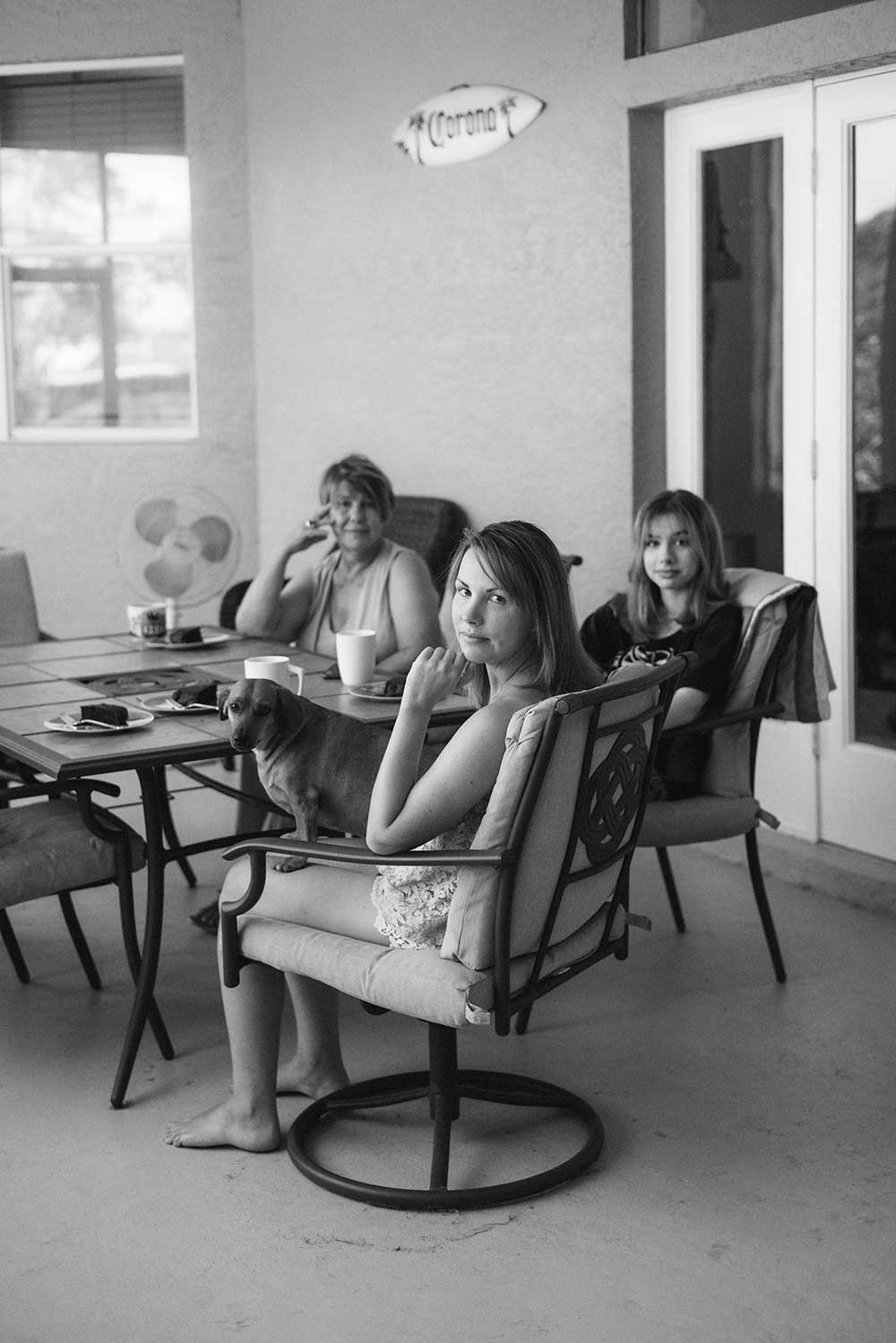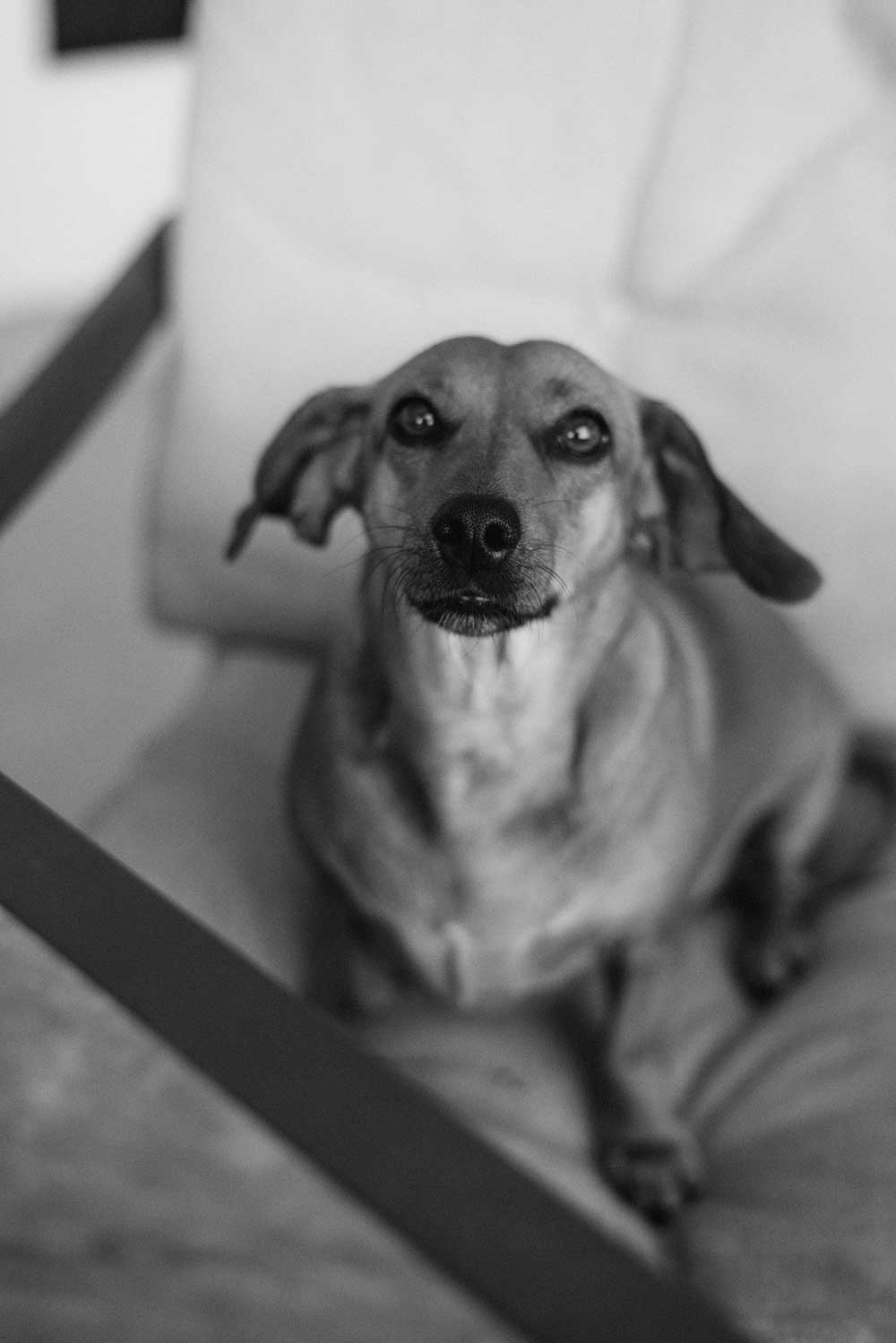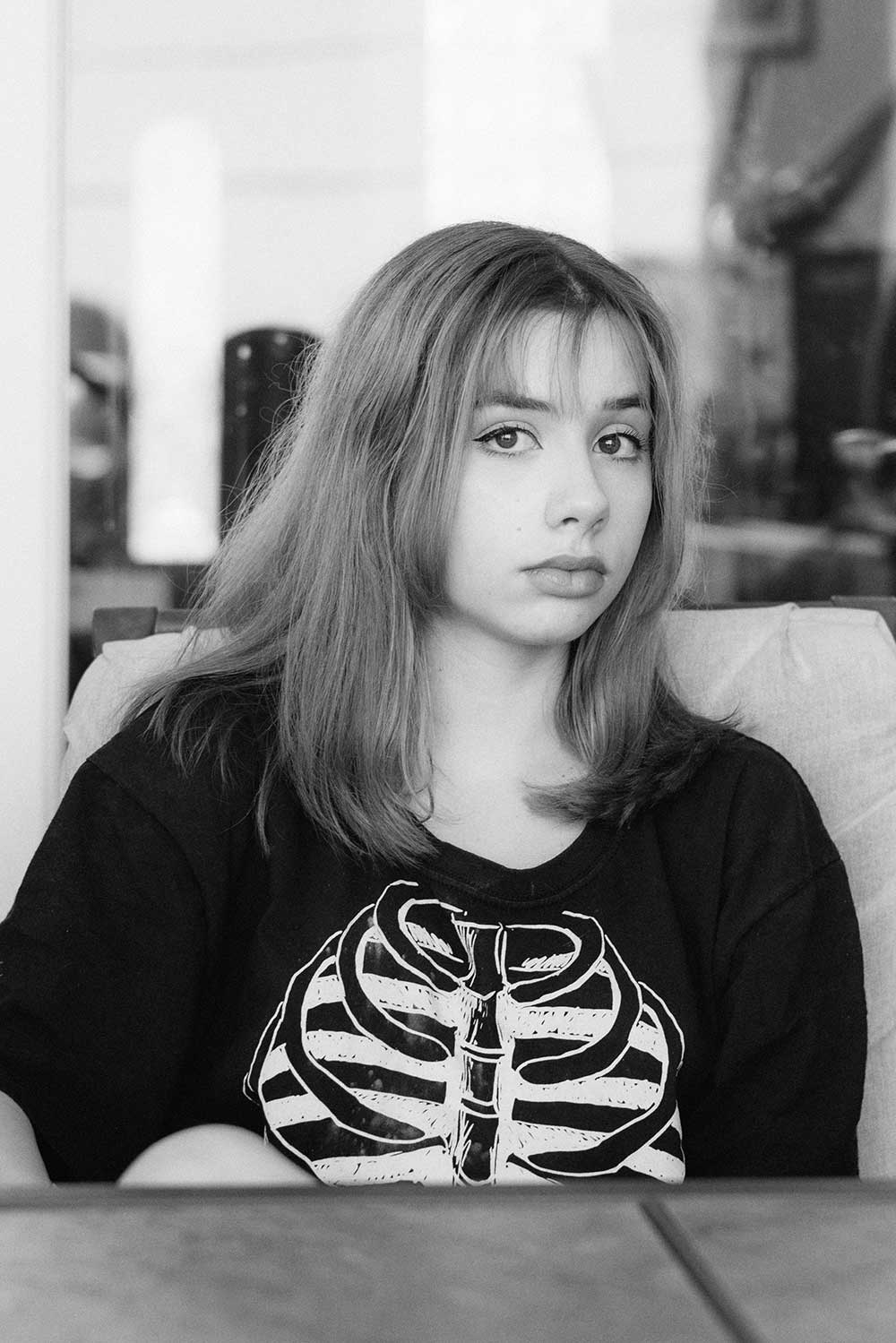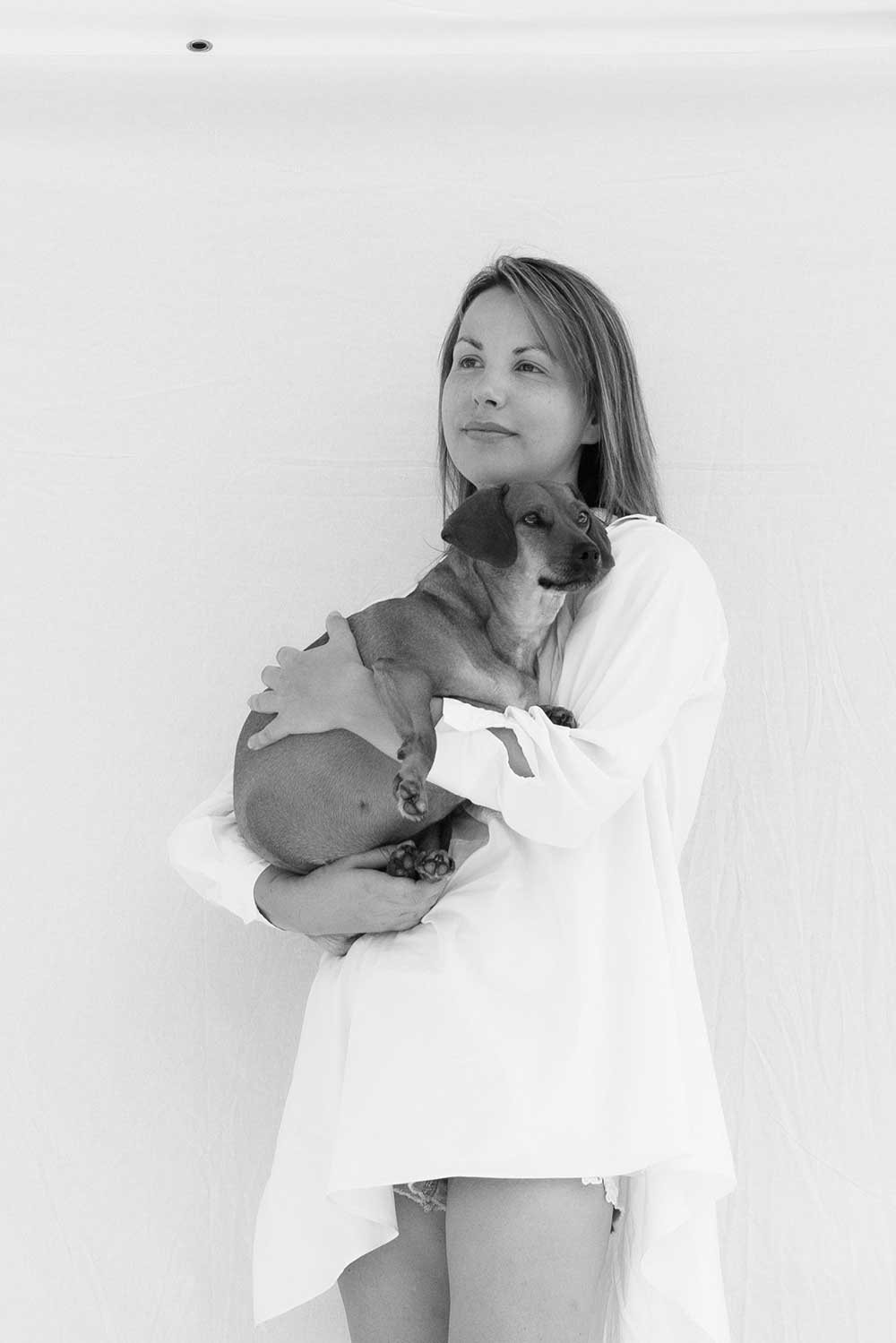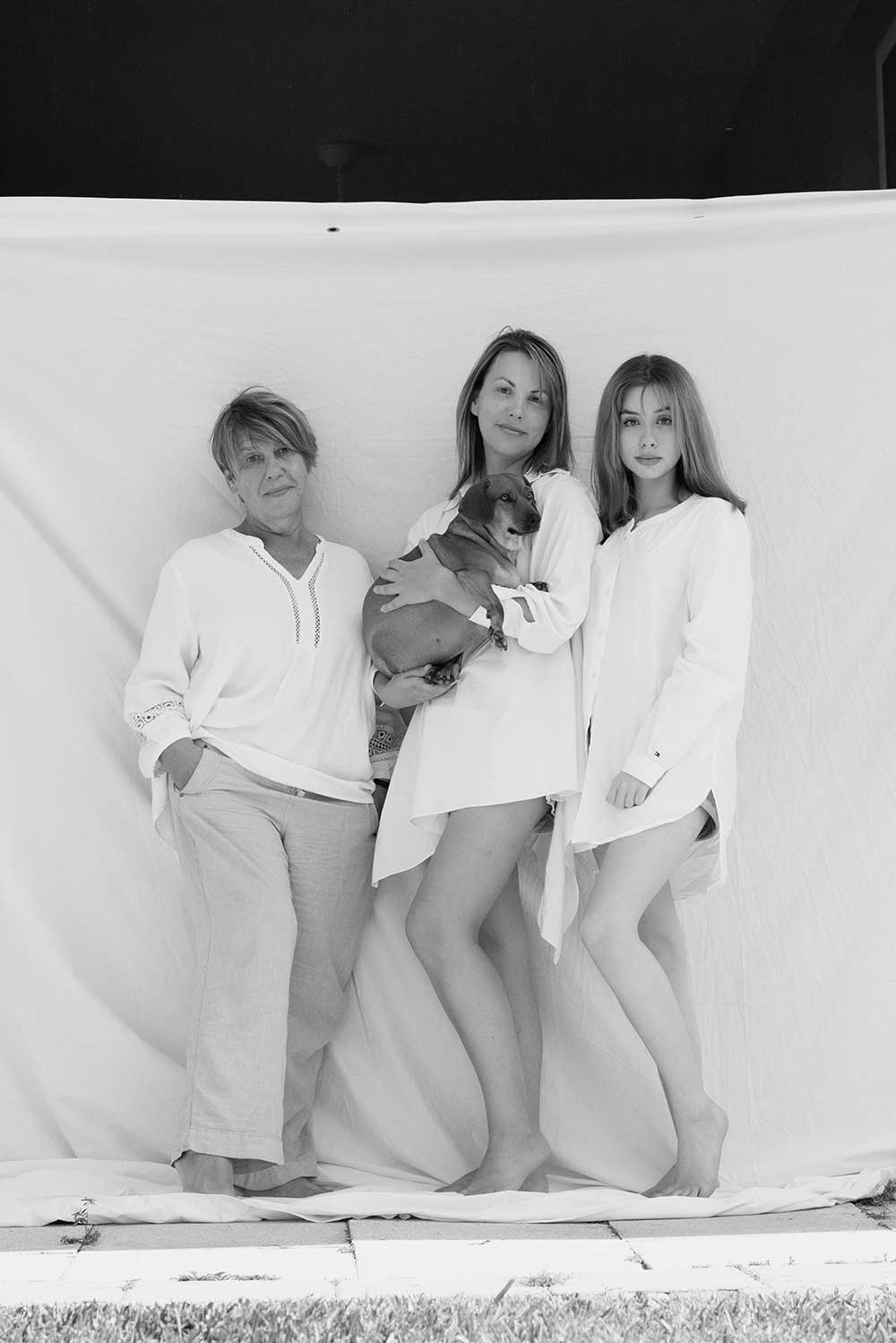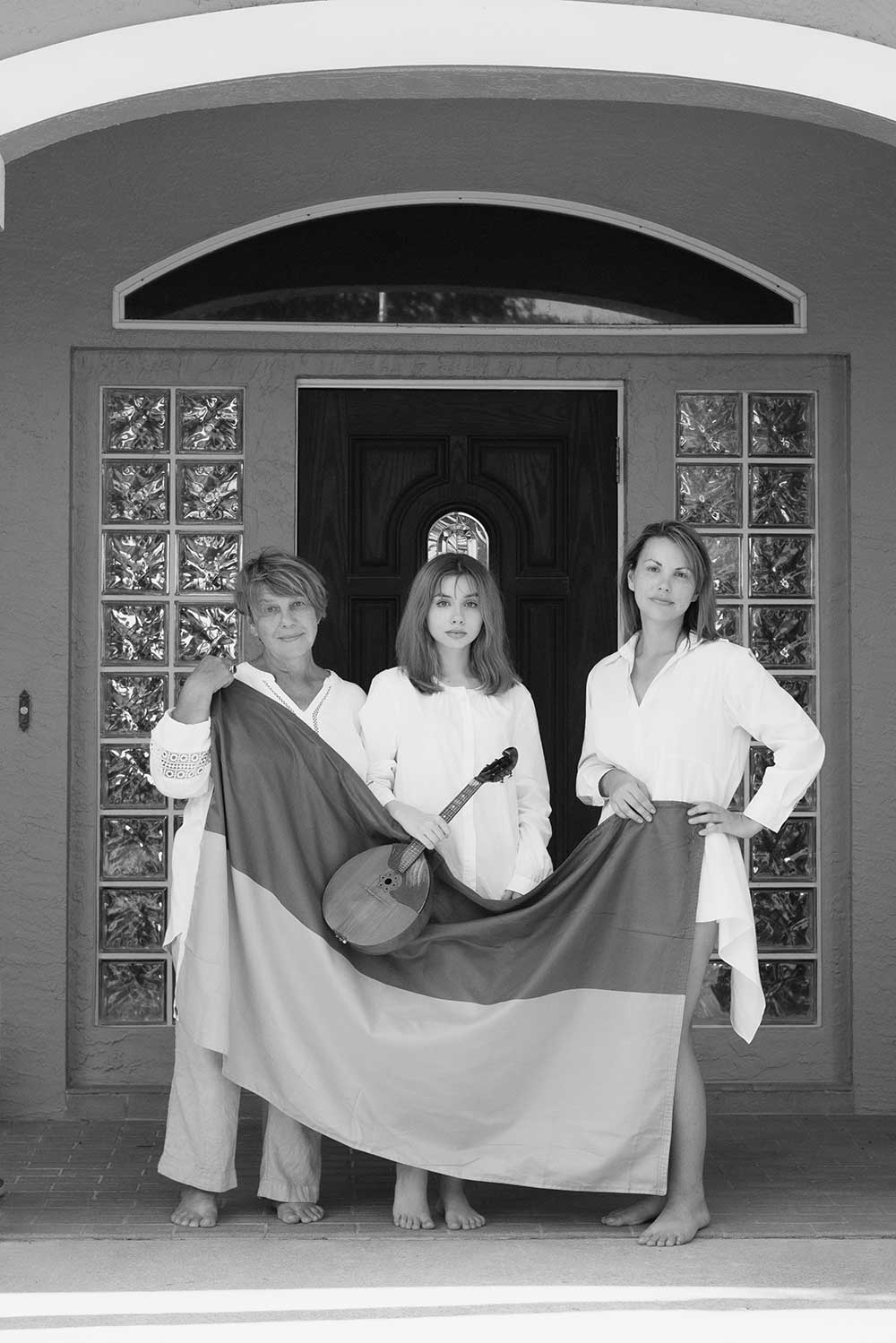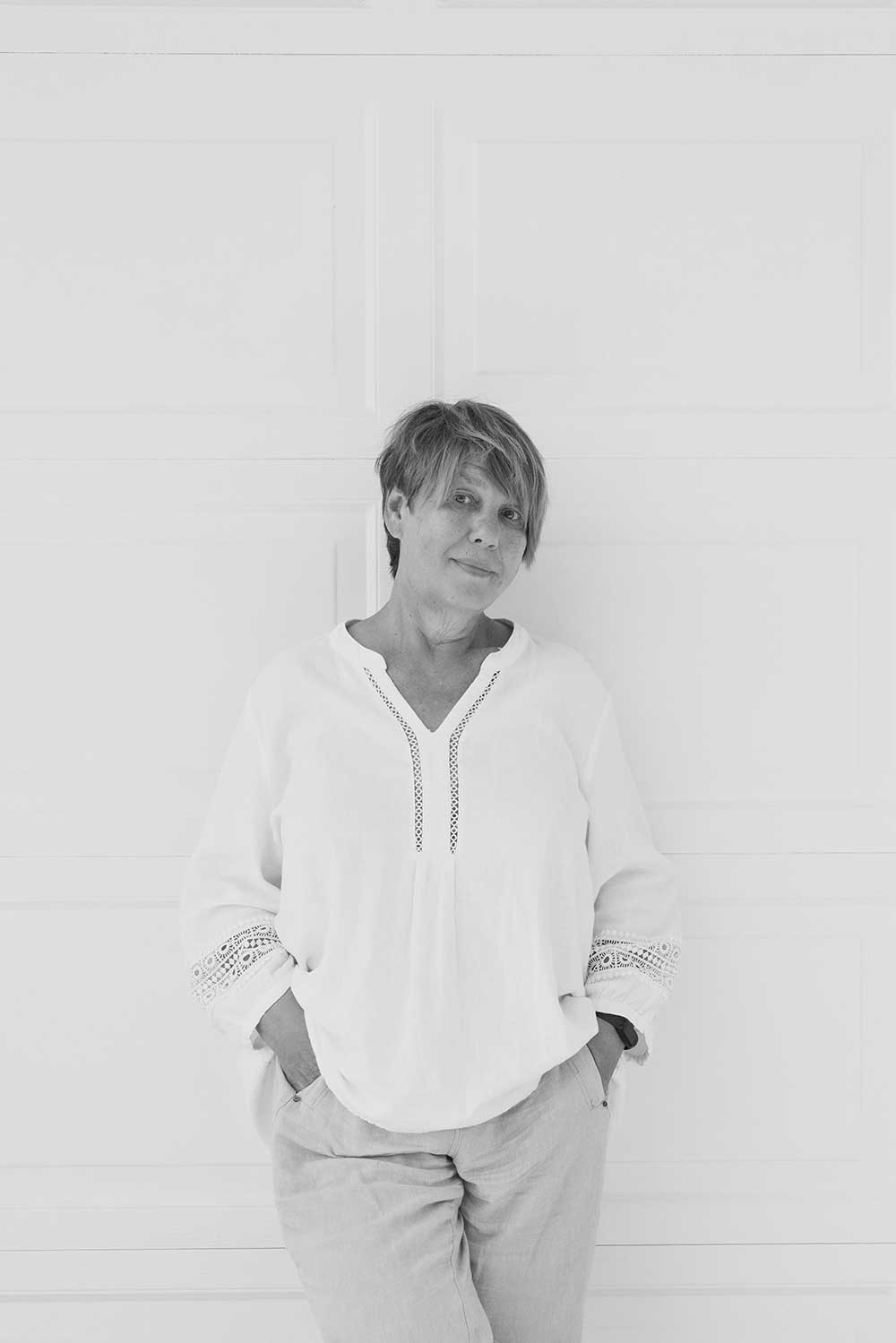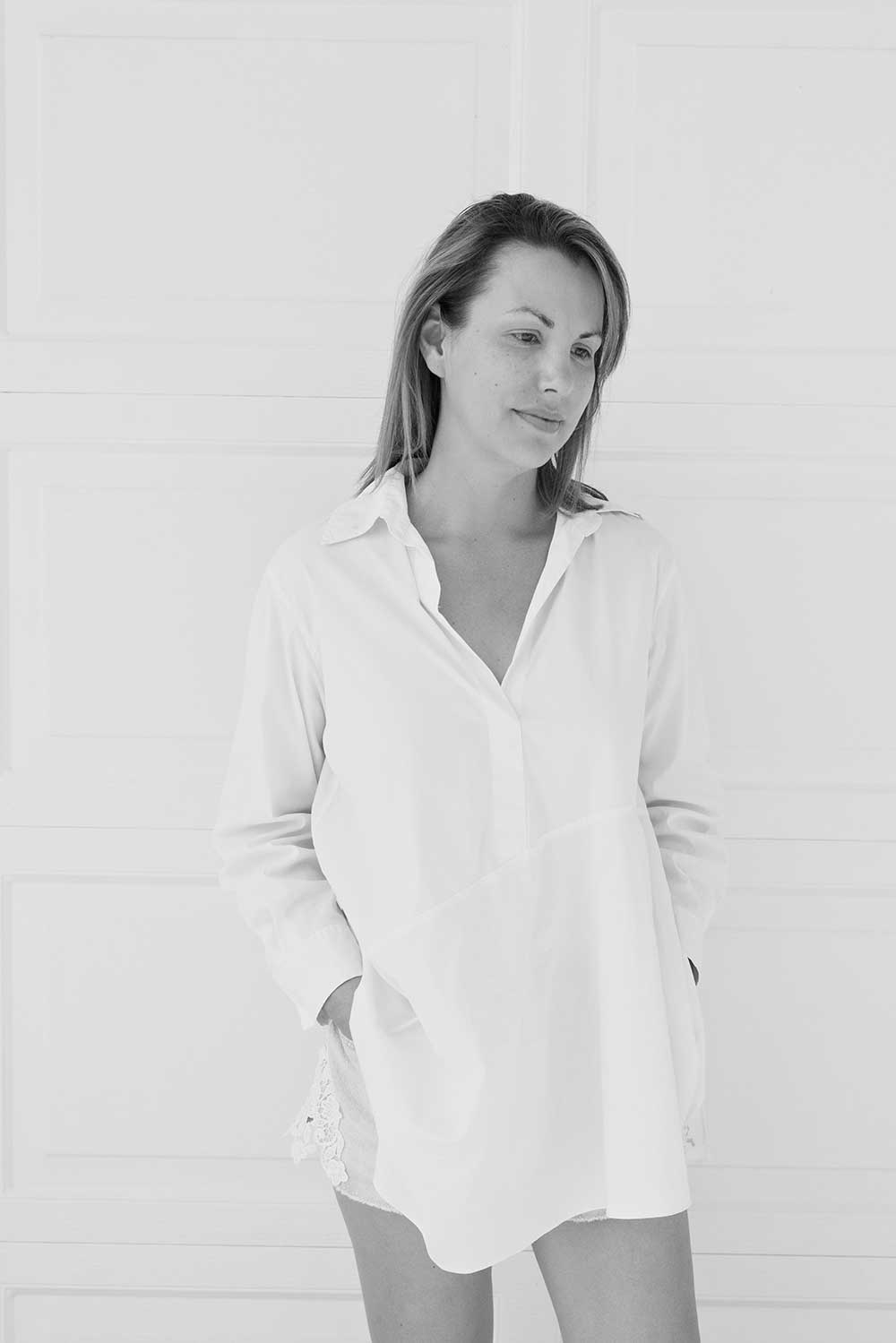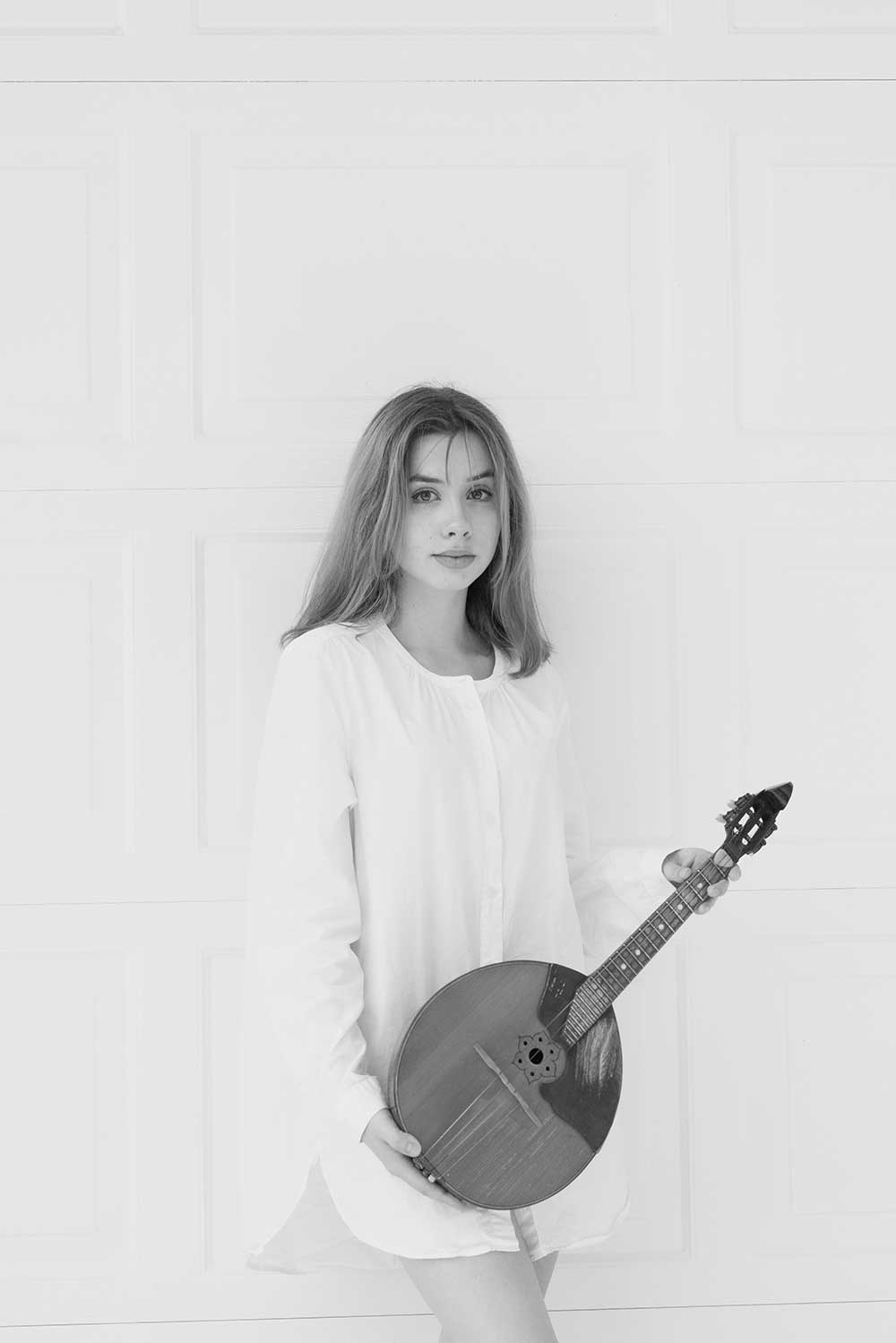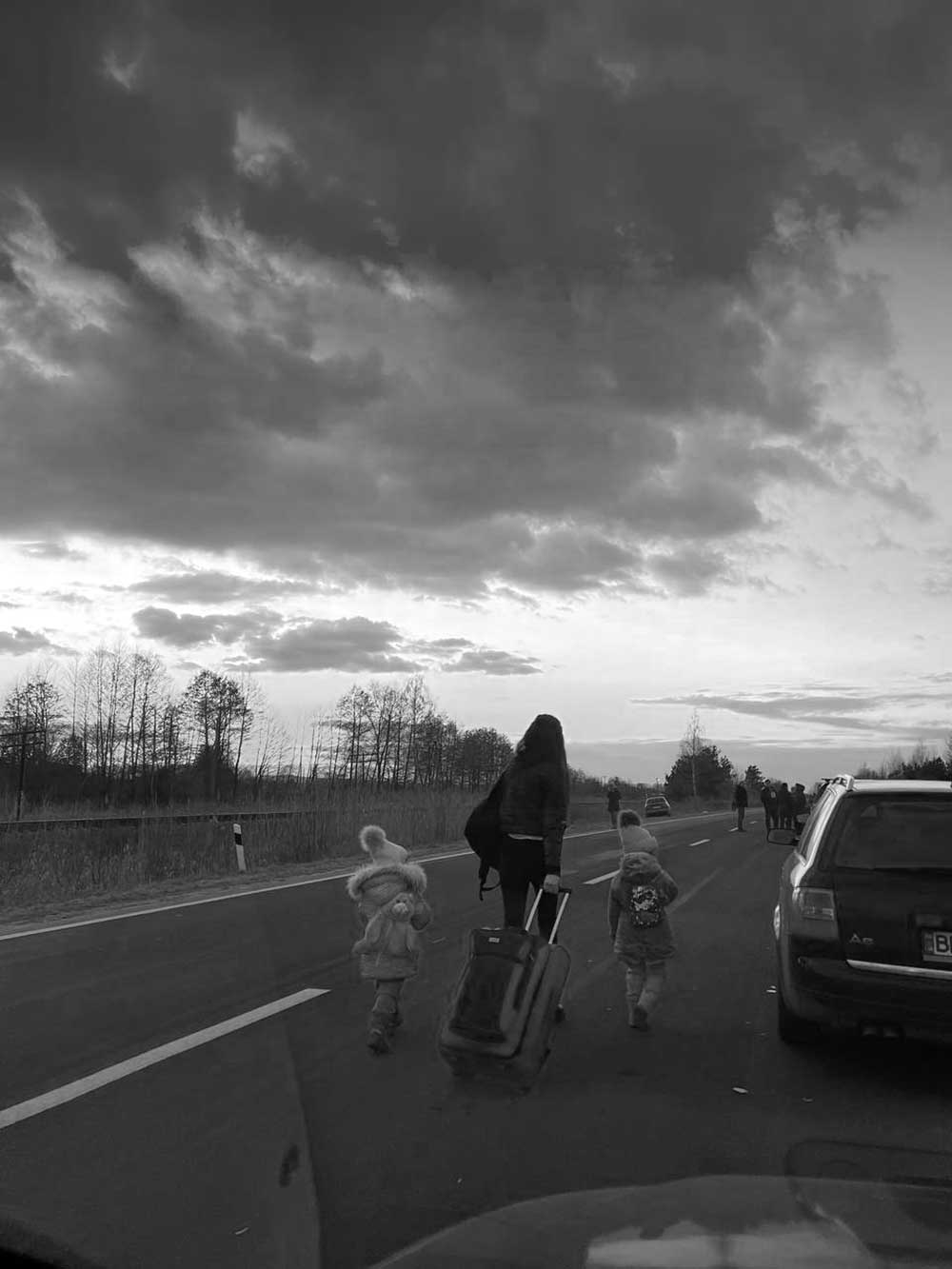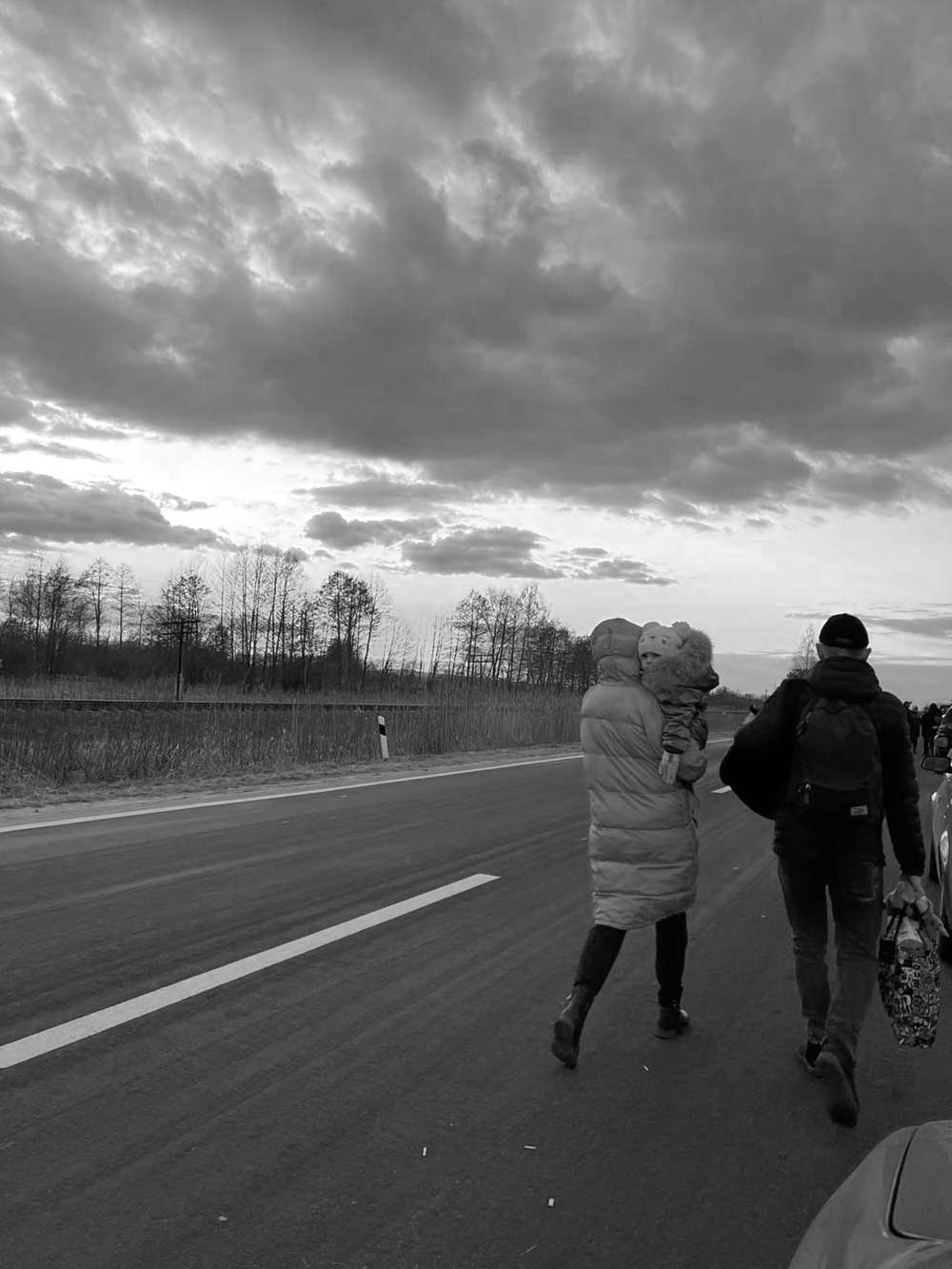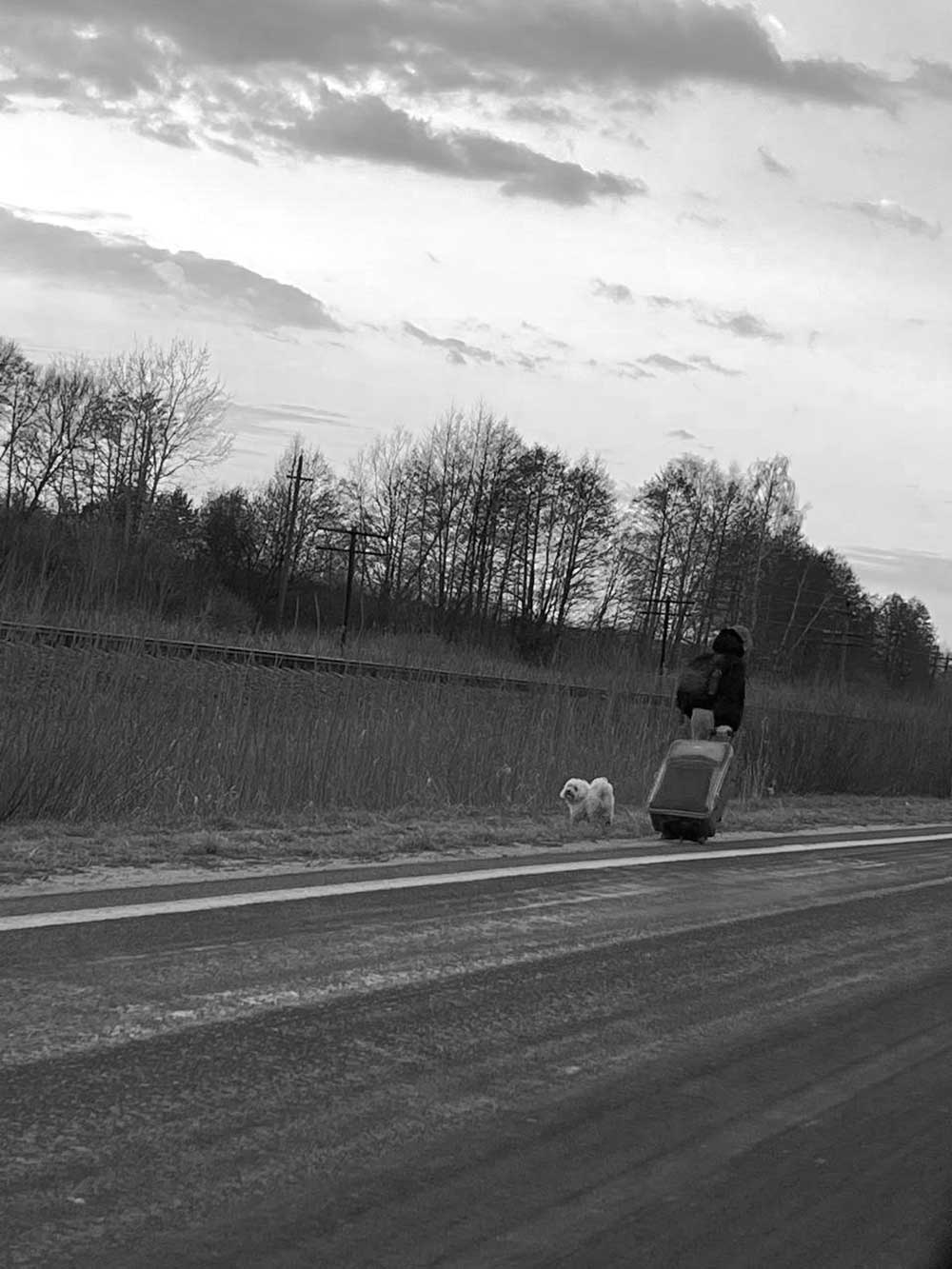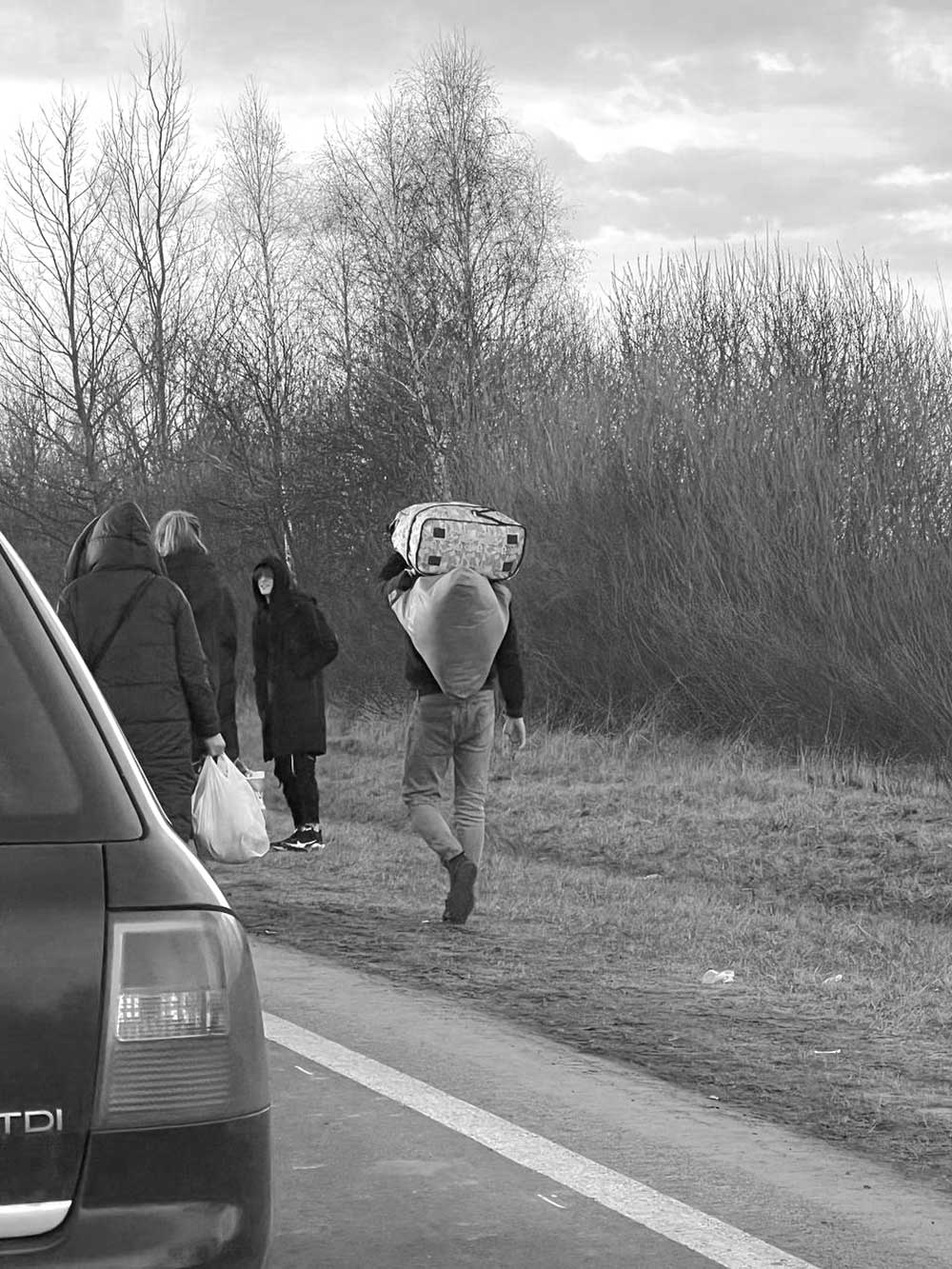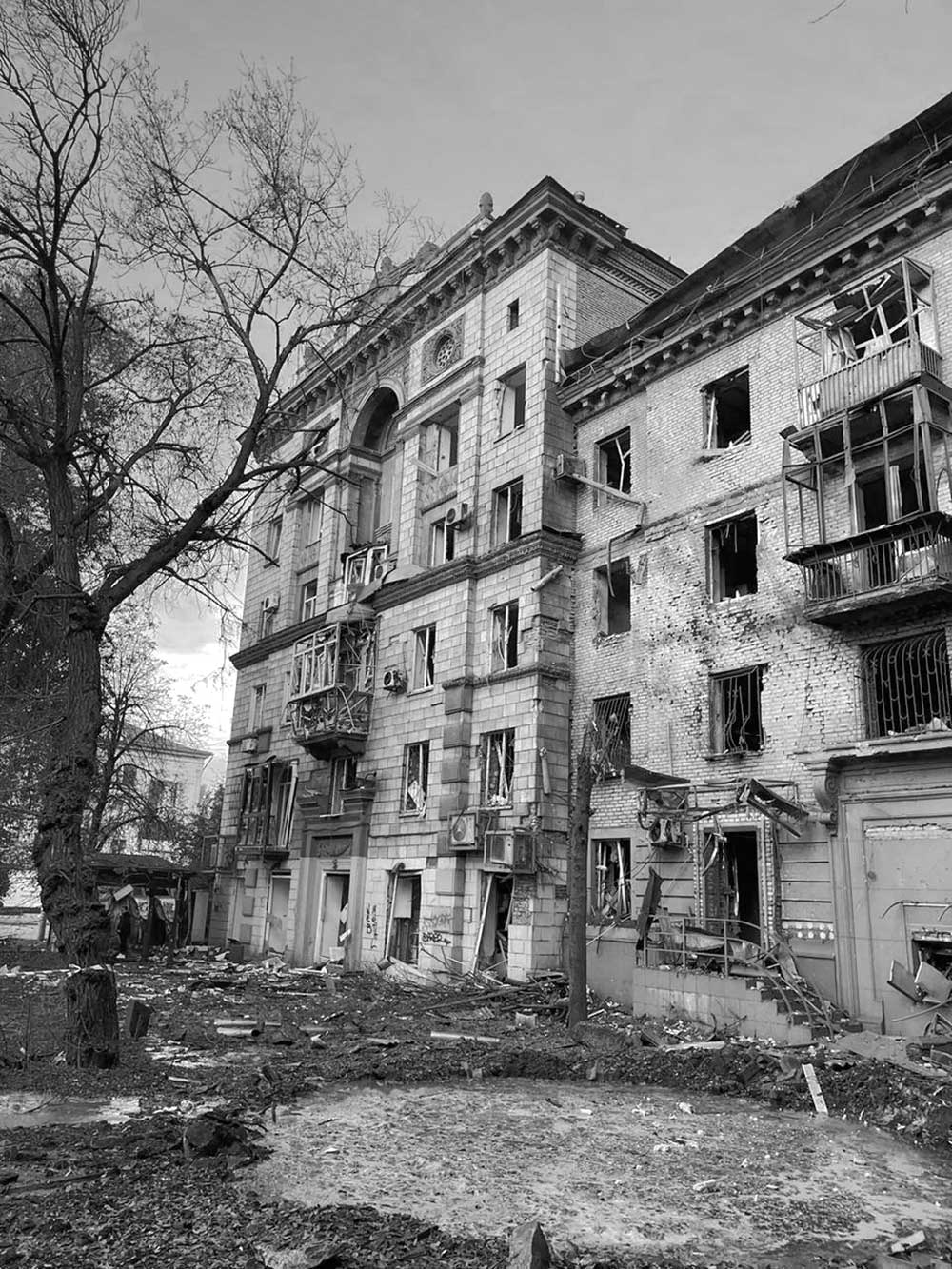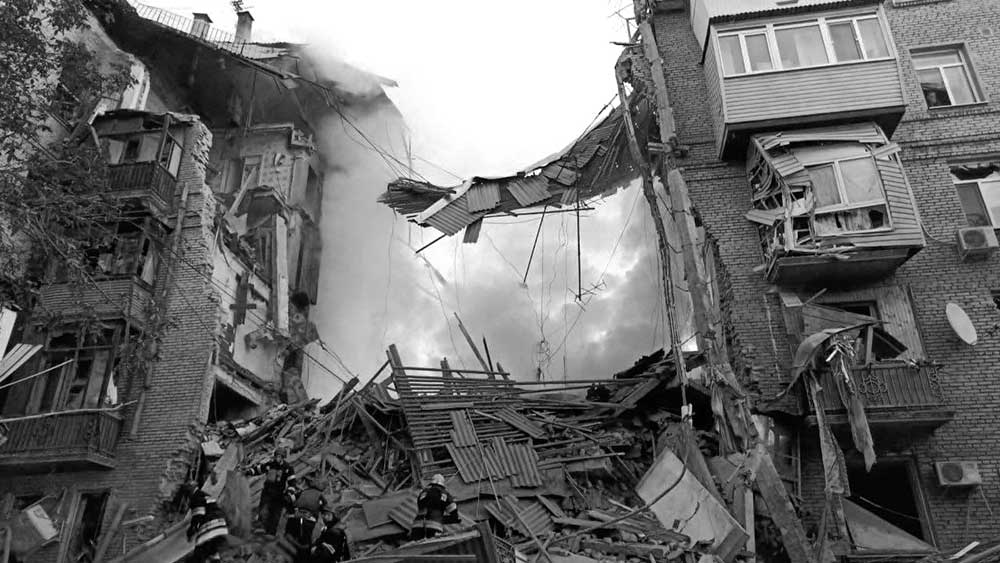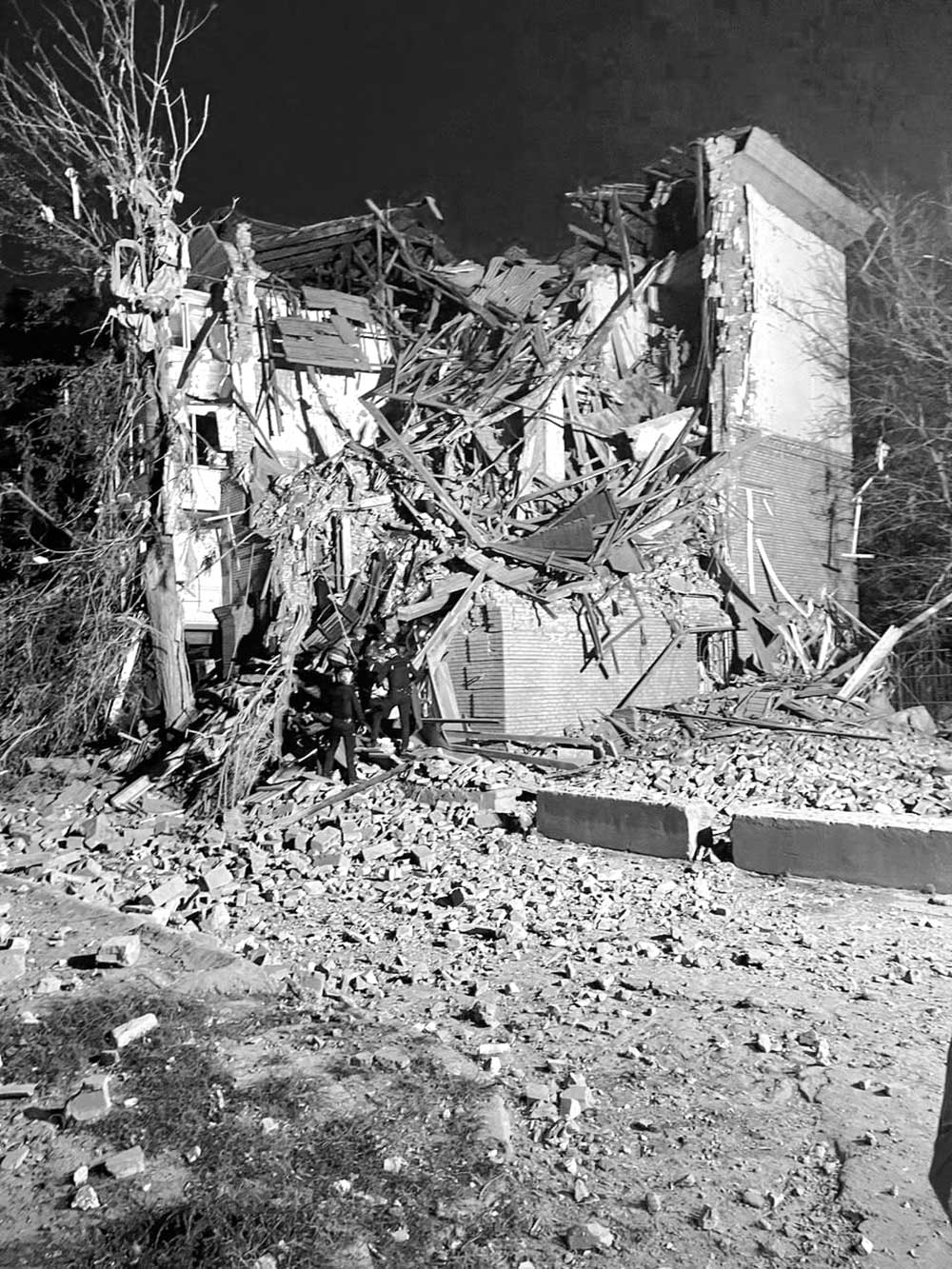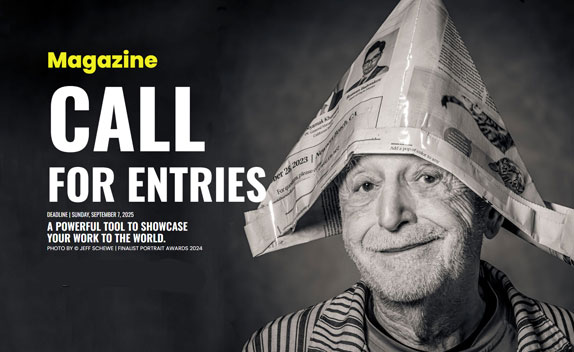ALISA, 5 250 miles from home / 41 y.o., Expert on the implementation of the health care reform, Zaporizhzhia, Ukraine – Sebastian, Florida
“We wrote our data on our hands so that the bodies could be identified”
– The story of the Ukrainian woman who fled the war-
Alisa together with her daughter Vasilisa and her mother Alina, lived in Zaporizhzhia before the full-scale invasion of Russia has started. After the Western media reported about a possible Russian attack on Ukraine, the family fled the city. Today, a part of Zaporizhzhia region is controlled by Russian troops and Zaporizhzhia itself is constantly under Russian fire. Alisa told us how she left the city, what happened to her house, and about her life in the United States, where she lives with her family.
My ancestors suffered from the Soviet Union regime throughout their lives. My grandmother lived using a deceased person’s passport, hiding from the “repressive machine”. My grandfather was evicted from his native Crimea. He was forced to hide during all his life. People from four generations of our family were doctors, but all of them lost everything they had gained because of the Soviet Union regime. I am 41 years old and I have lived most of my life in independent Ukraine. I thought that I would never have to be afraid of something like my family did many years ago.
In fact, it has started in 2014. Our family supported all the revolutions that took place in Ukraine, and thus the course towards Europe. In 2014, my husband, with whom I had lived for 12 years, died. That year we wanted to move to Crimea, we can say, to the land of our ancestors. However, this was impossible, and again because of Russia. After all, Russia annexed the Ukrainian peninsula and my daughter and I stayed in Zaporizhzhia with my mother and father.
Despite the outbreak of the war in eastern Ukraine, our country was developing and moving along its European way. I was involved in the decentralization reform, helping to create and develop networks of medical institutions in small towns and villages, mostly in the eastern part of the country.
Although we were not far from the territories where the war, which had started in 2014, took part, life in the city was still going on. Zaporizhzhia was a wonderful peaceful city. In Zaporizhzhia, we lived in the apartment of our ancestors who moved there almost 70 years ago. Throughout that time, the house was being restored, the apartment was being rebuilt. No matter what was happening, we knew that this was our home, our support, our base and our place of strength. Which we don’t have anymore.
But last year everything has changed. On December 1, 2022, I heard the news that Russia was massing troops to the border with Ukraine. From the first moment I realized that there would be a war, and Zaporizhzhia would be under attack. In early February, when the U.S. President, mr. Biden told and warned of the Russian attack, we realized that we had to leave. On February 14, we packed our bags and planned to fly to Israel, but by then the airspace had already been closed. I assumed that an attack would take place any day at that moment and I worried that we would not have time to cross the bridges and would be blocked in the city without hope of rescue. I packed my laptop, chargers, hair dryer, all my business suits and a few dresses in my suitcase, expecting that I would probably have to look for a new job and a new life.
It was good that we left in advance because our car broke down on the way. It happened in Rivne. The local people suggested us to stay for the night. People were relaxed, no one even talked about the war. It seemed to me that I was the only one who felt this danger that was coming to Ukraine.
After all, we arrived in Lviv and rented an apartment there. There was a week left before the start of the full-scale war. I remember walking around the city and trying to keep everything in my memory: how the sun was shining, how it was raining, how people were walking. I knew that soon everything would change forever.
My friends tried to convince me that there would be no war and said that I was panicking for nothing. However, unfortunately, my fears were justified.
That night on February, 24, we did not sleep. For us, it all has started with a call from my brother, who lives in Canada. He shouted that the war had started. On the first day of the full-scale invasion we bought candles, food and water. The situation in the city was relatively stable and calm. On that day, there were queues only at gas stations.
I was worried about my dad. He lived in Mariupol. I kept trying to call him, but there was no connection. More than one year has passed since the beginning of the great war and I have not found him. Maybe my father is no longer alive.
It was dangerous to stay in Lviv, no one could predict what would happen next. We headed for Poland. I was driving, with my daughter, mother, our dog and suitcases.
The line to the Polish border was very long, about 32 kilometers. It was cold outside. There were so many people that pedestrian crossings at the checkpoints for cars were created. I remember fierce jostling. People were pressed so hard that they lost consciousness.
We were all standing in the field. There were missile threats. We could die at any moment. Then we decided to write our data on our hands with markers: names, phone numbers, dates of birth, blood types. We thought that if we were torn to pieces, somebody could at least identify our bodies. Imagine me watching my child writing her data on her body with a marker in case she was killed. I will never forgive this. There can be no loyalty to the Russians.
We stood in line at the customs for 72 hours. I really wanted to sleep but I couldn’t because the line sometimes moved. Some cars broke through without waiting in line and my 14-year-old daughter jumped out onto the road and stopped everyone who tried to cheat. She shouted at the adult men who were driving: “I will not let you through, it’s unbearably hard for my mom, she doesn’t sleep, but we’re standing in line.” And she did not let anyone in.
I chewed coffee to keep awake. We were sitting in the pitch-black and bitter cold to save fuel. When I accidentally dozed off, the line moved a little and a car brazenly pushed in front of us. I was very angry and wanted to fight. When I got out of the car, I saw that there was an expensive BMW jeep in front of us, completely riddled with bullets and with broken windows. I could only imagine what this family had gone through. I went back and got into my car keeping silence. When we arrived at the first point where we were given food, three children, a man and a woman wearing slippers got out of that battered car.
In the Ukrainian border town Rava-Ruska, we were able to fill up on fuel and get some food. When our line moved again, we got into the car quickly and drove. The BMW, in front of us braked suddenly. It turned out that the adults had accidentally forgotten one of their sons when they went out to eat. They had to leave the line and go to get the child back. We don’t know what happened to them later.
It reminded me of our family history. In 1941, my grandmother was also evacuated. However, she lost her sister’s six-month-old baby on the train. There was a stampede, the child fell out, and they could not go back to pick the child up.
When we crossed the border with the EU I breathed out. At that moment, I realized that during those 8 years, I had been subconsciously feeling that my family was in danger. Now I felt better, even though there were many challenges ahead. We lost our pillar, again, but my understanding that the child would live was victorious and gave me motivation to move on. We lost our homes and everything our ancestors had gained.
A few days later, we finally arrived in Lublin, Poland. I rented an apartment in advance. We were so exhausted and slept for almost a day after the trip. Then we started thinking about what to do next. My aunt lives in Israel and we planned to go to her. However, at that time Israel suspended visa-free travel for Ukrainians, so we stayed in Poland for a while.
One day I received a call from my confused classmate. She also wanted to go to Poland along with her husband and son, but her husband was not allowed to leave. She didn’t have a driver’s license, so she couldn’t drive herself to leave with her son. I decided to come back to Ukraine and take them. It was terrible to watch the men saying goodbye to their families at the border. The children were screaming, crying. They didn’t not want to leave their fathers.
Despite the fact that we were safe in Poland, my daughter started having panic attacks. She lost weight and turned pale. I wanted to get her and my mom as far away from the war as possible. At that time, the US had difficulties crossing the border for our dog. We could not leave him in Europe because he is a part of our family.
I found an apartment for 3 months in the Austrian Tyrol. It is a tourist nurse of skiing that is incredibly beautiful. The family that hosted us was very helpful, they provided us with an apartment for free. My daughter visited a local school a few days after we arrived. Children from Ukraine were paid a scholarship. For a long time I could not get rid of the feeling of guilt. After all, I could have stayed in Ukraine and gone to the front as a medic, for example. I decided that I could be useful where I was, and so I became a coordinator of a refugee center in Europe. I helped immigrants.
To stay in Austria and achieve something in the new life, you need to learn German. But I know English, so I started thinking about an English-speaking country. If I knew the language, I could find a job and rent a house. However, when the Russians invaded the Zaporizhzhia NPP (nuclear power plant) it was impossible to feel comfortable anywhere in Europe, so we were waiting for a program from the United States. When it was opened, we applied. Although I doubted whether to go, as I had a good life in Ukraine. I was not sure if I wanted to go overseas. However, one incident changed my mind.
Once, when I was traveling by train, someone started screaming. I left all my things and decided to see what had happened. A confused woman was running to the other side of the carriage and her children, a girl and a boy, were standing on the platform, crying: “Mom!” I saw the woman running right at me, I asked her what had happened, and she told me that she had lost her cell phone somewhere. The train was about to leave in 2 minutes. I told her to get off and I rushed to look for her phone and found it. The woman was from Zaporizhzhia. When I took my seat in the carriage, at the same second I received my documents for a trip to the United States. I thought it was a sign.
Meanwhile, the enemy was regularly attacking Zaporizhzhia. Our neighbors called us and said that the house across the street had been destroyed. The Russians fired several missilesat it and the house went up in flames. The rescuers found 13 dead people under the rubble, including one child. There are many memories associated with that house. Especially my mother’s memories. The house was put into operation in 1955. It is an architectural monument in Zaporizhzhia. My mom told me that when she was a student, she and her friends used to go to the cafe on the first floor of the building to eat ice cream. They were very fond of the café and affectionately called it “Little Paris”. Now the house is destroyed and so many of those people who lived there are gone. In the house where we lived only the first floor was on fire. Our apartment was on the fifth floor.
I really miss our home, our former life. However, we can talk about returning to Ukraine only after the victory and after Ukraine is in NATO. I’m not ready to run away with a few suitcases again in case of emergency. If we don’t crush the enemy now, Zaporizhzhia will be the next. I have a chance to protect my family and I am using it. 9 years ago, the Russians invaded Crimea, where my grandfather was born. Now they have taken Berdiansk, where I was born and destroyed Mariupol, where my father lived. We weren’t ready to give up our roots, but now we can’t go back to Zaporizhzhia either. However, being abroad, I am once again convinced of what a wonderful country we have, we have a lot of freedom and a completely different pace of life. I miss it very much.


